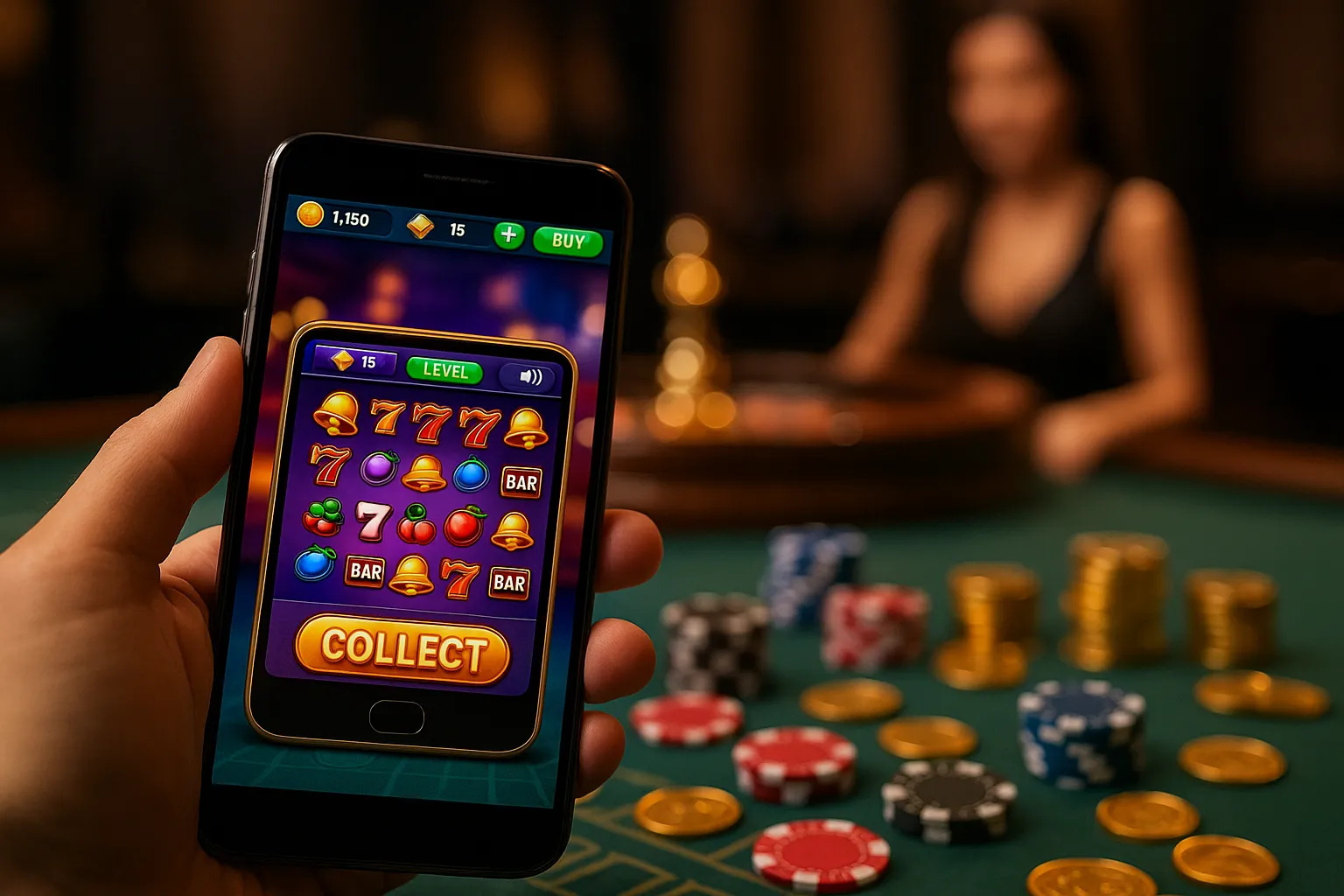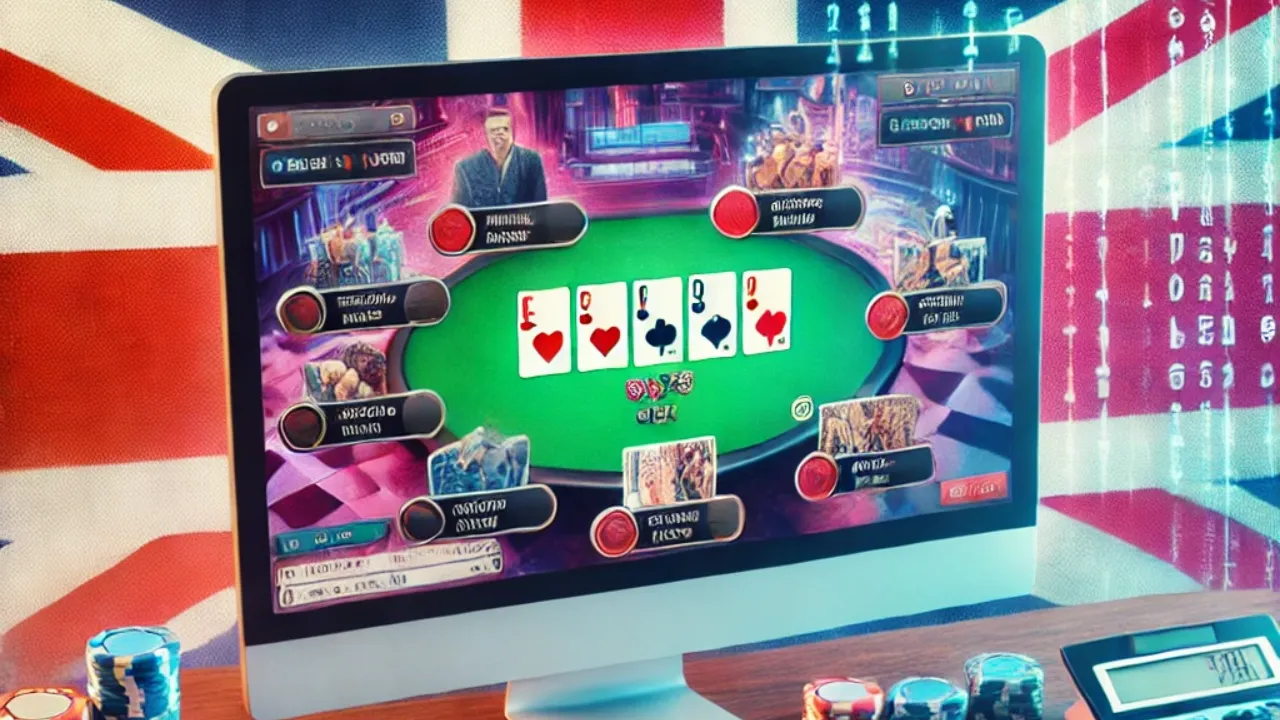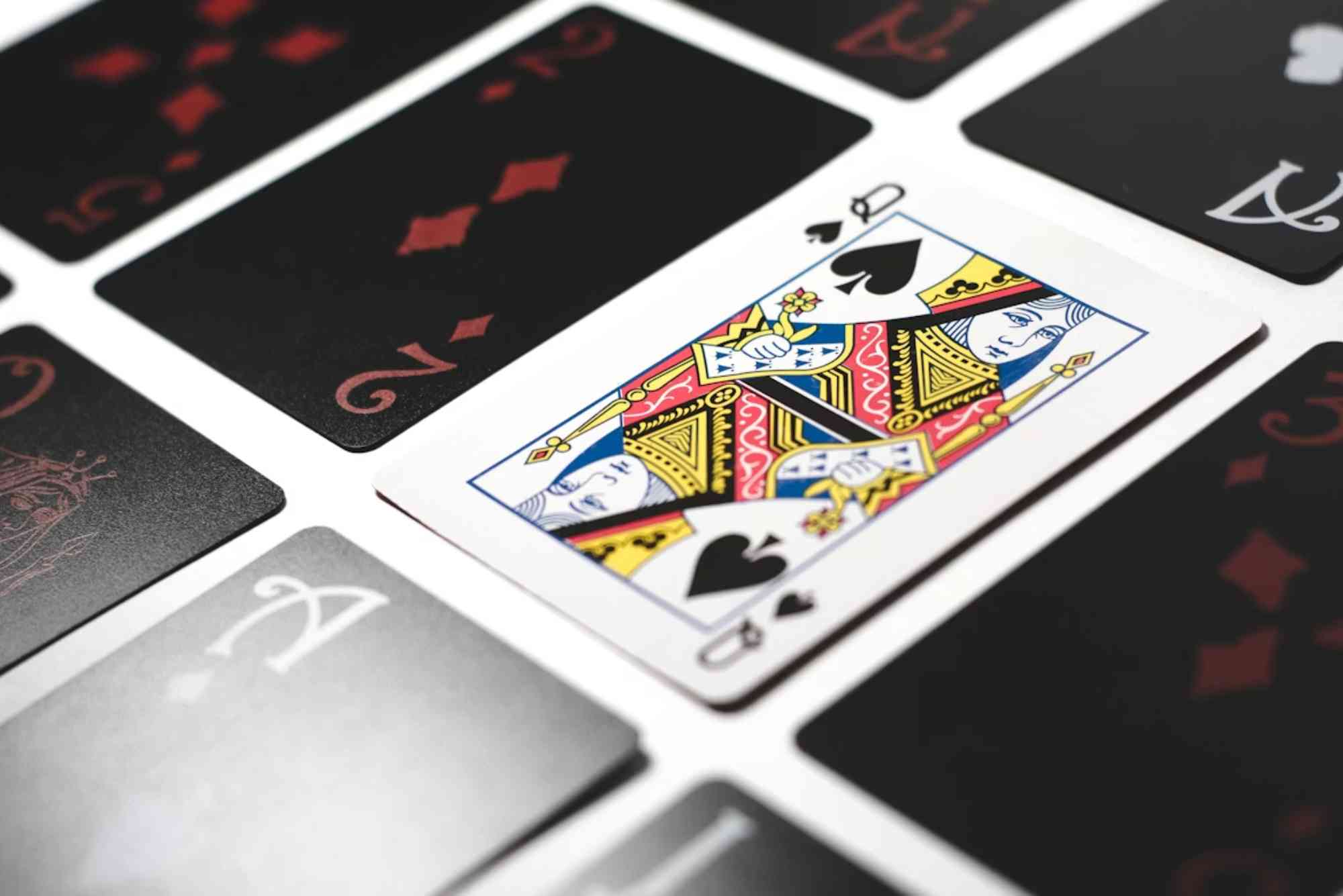Few experiences in gaming have been as subtle yet powerful as social casinos—those free-to-play platforms where you collect virtual chips, unlock levels, and chase leaderboard glory. At first glance, they seem like harmless fun: no financial risk, just endless spins and collectible rewards. Yet behind this veneer lies sophisticated design aimed at transitioning players to real-money wagering. As someone who’s spent countless evenings on both social games and full-fledged online casinos, I’m intrigued by how well these mechanics convert casual engagement into deposited funds, especially at no kyc casinos where account creation is frictionless.
Understanding Social Casino Mechanics
Social casinos leverage a range of tactics—daily login bonuses, tournament leaderboards, timed events, and in-game currencies—to keep players hooked. The absence of real stakes in the social environment encourages risk-taking and experimentation with bet sizes or features. Many operators then introduce low-barrier pathways to real-money play, such as offering purchase packs that seamlessly migrate virtual currency into real cash credits. For example, a “VIP Gift Box” might contain both free chips and a small real-money bonus redeemable on sister real-money sites.
Some platforms even embed direct links to real-money tables from within the social game lobby, subtly guiding players toward deposits. When exploring no kyc casinos, this transition feels especially smooth: no identity checks, immediate access to real play, and VIP codes tied directly to your social account. This low-friction approach raises questions about whether social casino enjoyment ultimately serves as a funnel rather than a standalone pastime.
Psychology Behind Virtual Rewards
At the heart of social casino effectiveness is behavioral psychology. Virtual rewards—whether they’re shiny avatars, leaderboard positions, or flashy badges—tap into our brain’s dopamine pathways. Earning a “Level Up” badge after consecutive wins delivers a similar thrill to cash payouts, albeit without financial upside. This conditioning primes players for more intense emotional reactions when real money enters the equation.
Timed scarcity is another potent tool. Limited-time events or daily quests create a fear of missing out, prompting frequent logins. When a social casino notifies you that today’s “Golden Spins” event ends in two hours, you’re more likely to engage repeatedly. Once that habit is established, the path to purchasing chip packs or real-money credits feels natural—a way to sustain the excitement when free chips run low.
From Virtual Chips to Real Deposits
Conversion often occurs in micro-steps. Initially, players may purchase small chip bundles—think $4.99 for 1,000,000 virtual coins—to keep pace in tournaments. Next, they receive “invites” or bonus offers for real-money bonuses. The key lies in preserving the familiar interface: whether you’re playing social coins or cash, the reels look identical, the spin button occupies the same spot, and the “Buy More” prompt only toggles between “Virtual Chips” and “Cash Chips.”
My own journey mirrored this arc. I started on social slots to unwind after work—no pressure, just free spins. One day, an offer popped up: $5 in cash chips plus 200 free spins if I signed up on the partner real-money site. The interface transition was seamless. Suddenly, I was wagering actual dollars without feeling a jarring shift. That smooth migration boosted my deposit confidence and widened my play horizons.
Effectiveness Metrics and Industry Data
Industry analyses suggest impressive conversion rates. According to one whitepaper, 10–15% of active social casino players eventually make a real-money deposit, with average first-time deposits ranging from $25 to $100. Regular spenders in social environments—those logging in 5+ days per week—convert at even higher rates, nearing 20%.
Retention metrics also correlate: players who engage with social tournaments for at least two weeks are 30% more likely to try real-money games. The tournament structure, which often includes leaderboards and bracket-style competitions, fosters competitive drive—once that drive translates to potential financial gain, players are primed to spend.
Balancing Player Protection and Monetization
While social casino funnels can be lucrative—some operators report 40% of gross revenue originating from social-to-real conversions—they also pose ethical questions. At sites without rigorous identity checks, such as many no kyc casinos, preventing underage or problem gambling becomes challenging. Without self-exclusion barriers, players vulnerable to impulsive behavior might make hasty deposits.
Responsible operators are starting to implement guardrails: velocity limits on purchase frequency, pop-up reminders after extended play, and mandatory breaks for high-spending accounts. Yet these measures vary widely across platforms, particularly in jurisdictions with lax regulations.
Strategies to Mitigate Risk
For players and regulators alike, several approaches can strike a balance:
-
Transparent Disclosures: Social platforms should clearly label real-money offers and highlight the shift from virtual to cash play.
-
Purchase Caps: Implement daily or weekly spending limits that users can adjust but must consciously lower to increase.
-
Cooling-Off Periods: Mandate brief timeouts after a certain number of consecutive real-money purchases.
-
Unified Account Monitoring: Integrate social and real-money wallets to flag risky transitions, especially when deposits spike following big social losses.
These steps can help preserve the casual, fun aspect of social casinos while reducing the risk of unintended harm.
Real-World Examples and Player Stories
I spoke with several casual gamers who never intended to wager real money. One friend, a schoolteacher by day, fell into the social casino world and spent over $300 in two weeks after chasing tournament leaderboards. She described the process as “like tipping in a restaurant—you don’t notice the dollars until the bill arrives.” Others share stories of discovering no kyc casinos, where the seamless signup and fast payouts made further deposits almost automatic.
Operators, too, have mixed perspectives. Marketing teams celebrate high conversion segments and low acquisition costs from social channels. Compliance officers, however, worry about the reputational risks if social funnels lead to problem gambling headlines. Both sides agree on one thing: the line between entertainment and exploitation can blur without vigilant oversight.
Looking Ahead: Responsible Innovation
Social casino mechanics will only grow more sophisticated, with AI-powered personalization likely to deepen engagement. To ensure responsible gambling, collaboration among operators, regulators, and player advocacy groups is essential. Data-driven insights should inform protective tools—flagging when social rewards disproportionately drive cash deposits, for example—and transparent reporting requirements should hold platforms accountable.
For players, awareness is key: treat social casinos as free entertainment, not as training wheels for real-money play. If an offer seems to skirt the line, pause before clicking “Buy.” By staying informed and using available safeguards—like deposit limits and self‑exclusion—you can enjoy the best of both worlds without unintended financial harm.









